Behind the scenes of the black hair industry
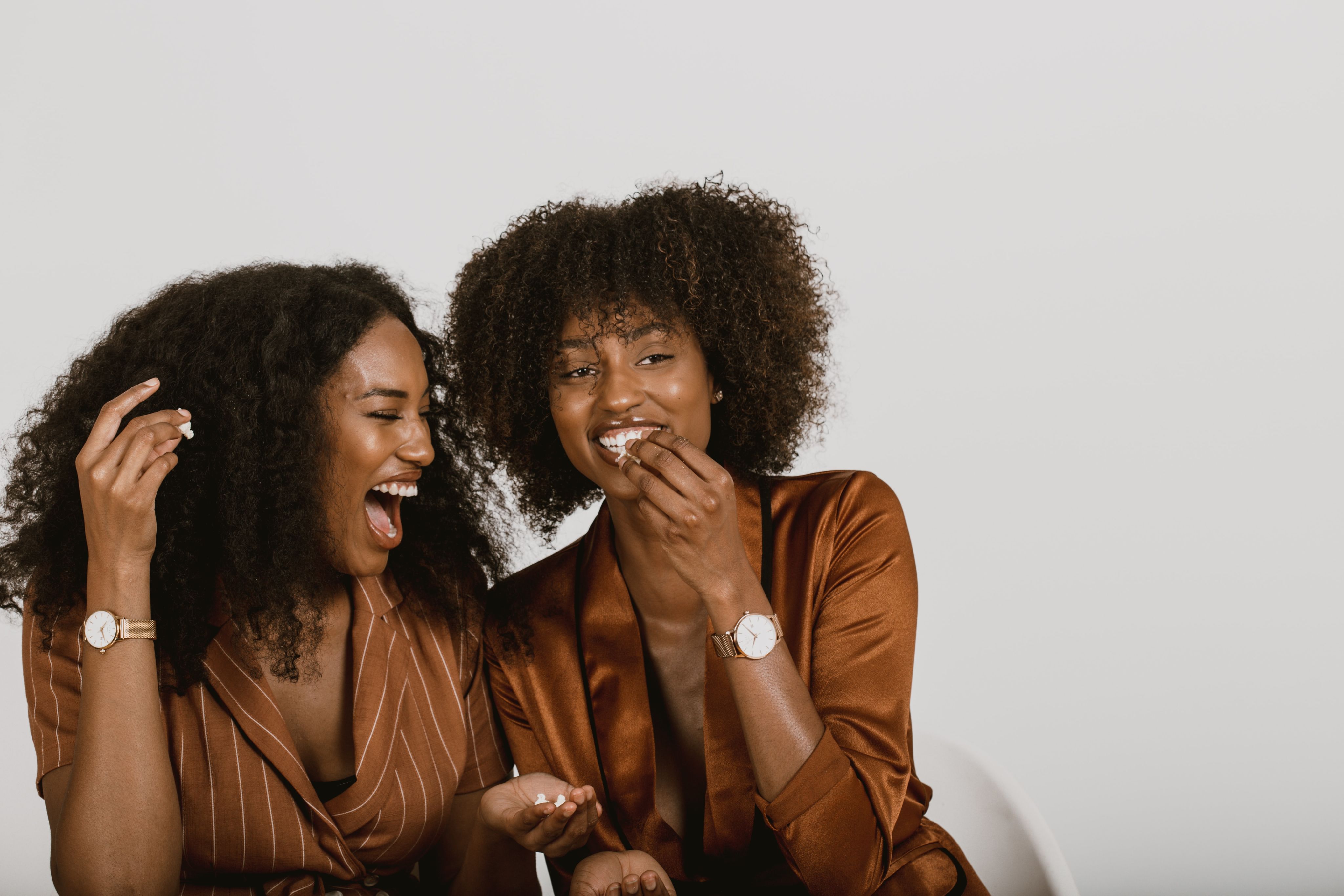
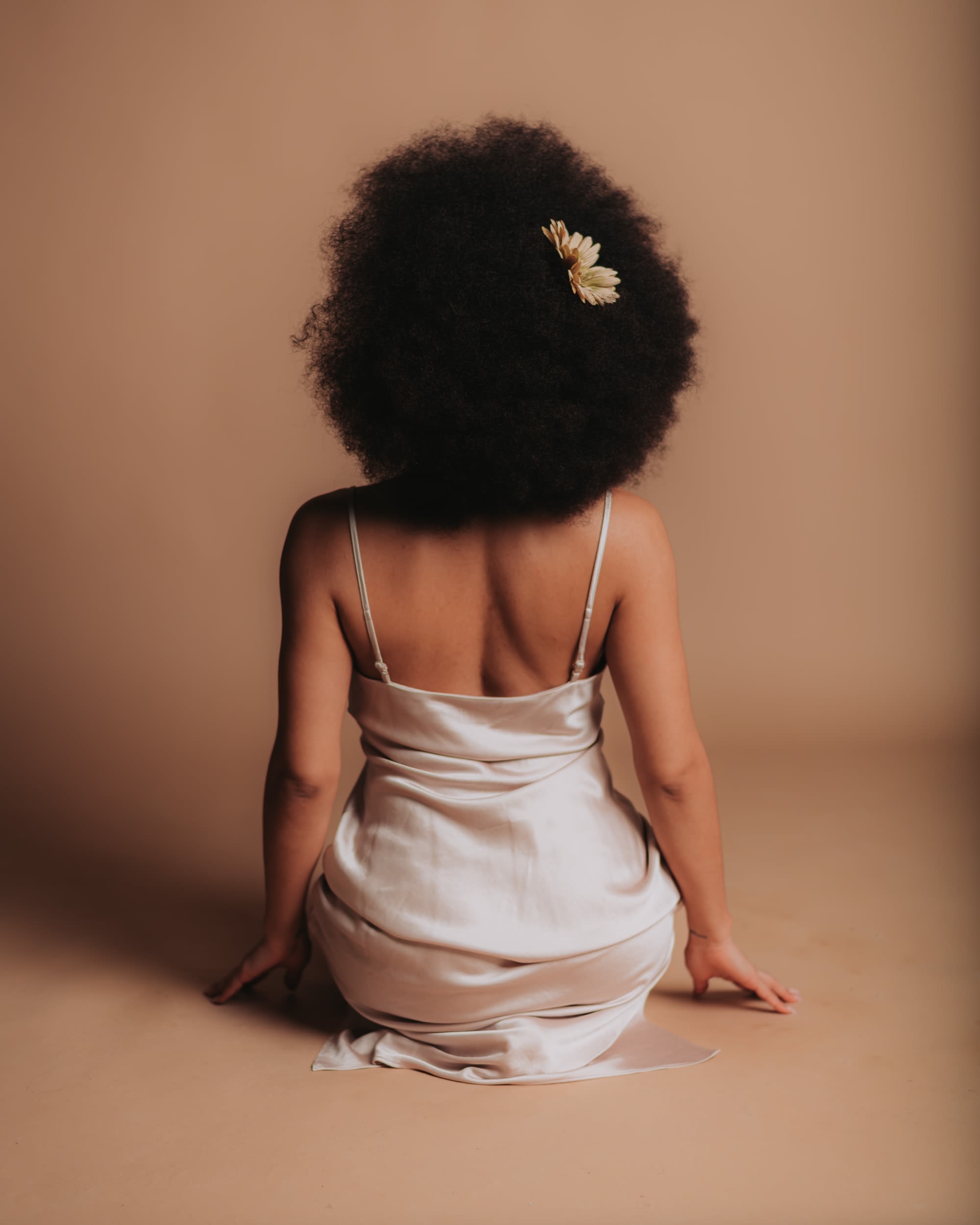
Stock Image
Stock Image
The black hair care industry has an estimated worth of $2.5 billion, but black people struggle to get into it.
Black women spend three times more money on hair products than white women do. Despite this there are huge disparities within the industry that negatively affect black people. A vast majority of black hair products cannot be found in mainstream health and beauty stores like Boots or Superdrug. Hair salon options for those with afro hair are also lacking. A study by Habia revealed that there are 35,704 beauty salons in the UK, but only 302 cater to Afro hair, although this doesn’t account for mobile hairdressers or hairdressers that work from home, which is the route many afro hairstylists choose to take.
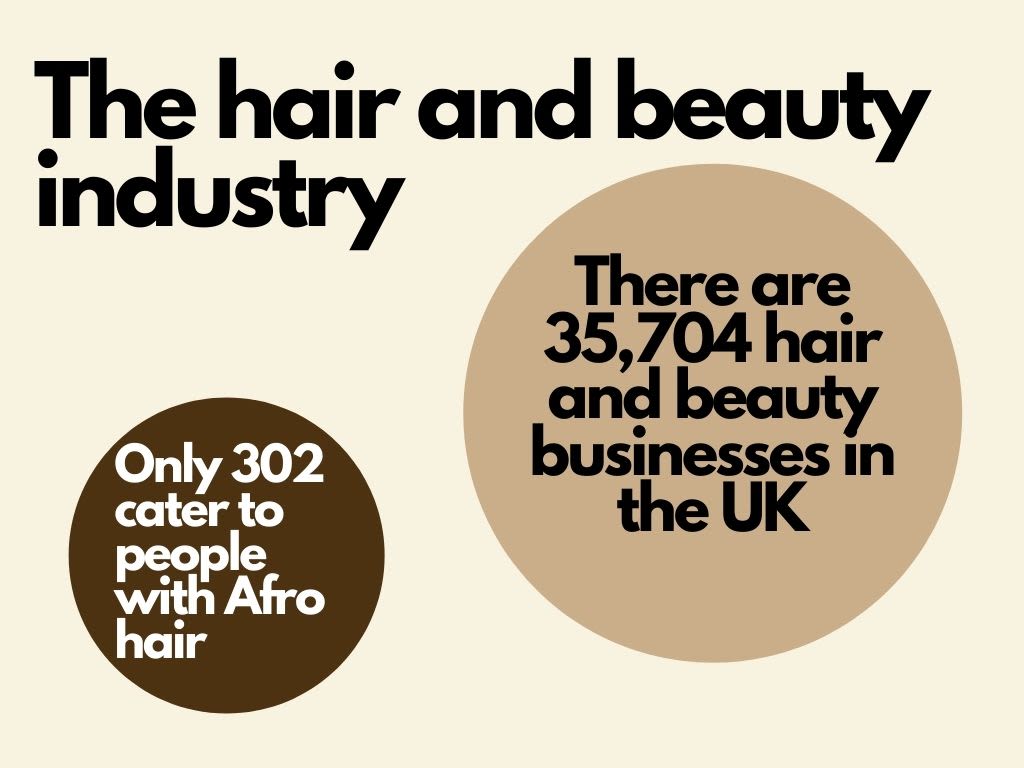
Change in Black Hair salons
Afro hairstylists are rare. Black hairstylists often struggle to start and manage an afro hair care business. But people are starting to recognise the need for more afro hair stylists in the hair industry. The National Occupational Standards for hairdressing (NOS) has declared all hairdressers across the UK are now required to learn how to style Afro and textured hair.
Peckham Palms is an Afrocentric retail space, in the heart of Peckham. This marketplace is home to several afro hairstylists who are experts in their field. The Palms exists to support business members and to create new opportunities for members to work collaboratively.
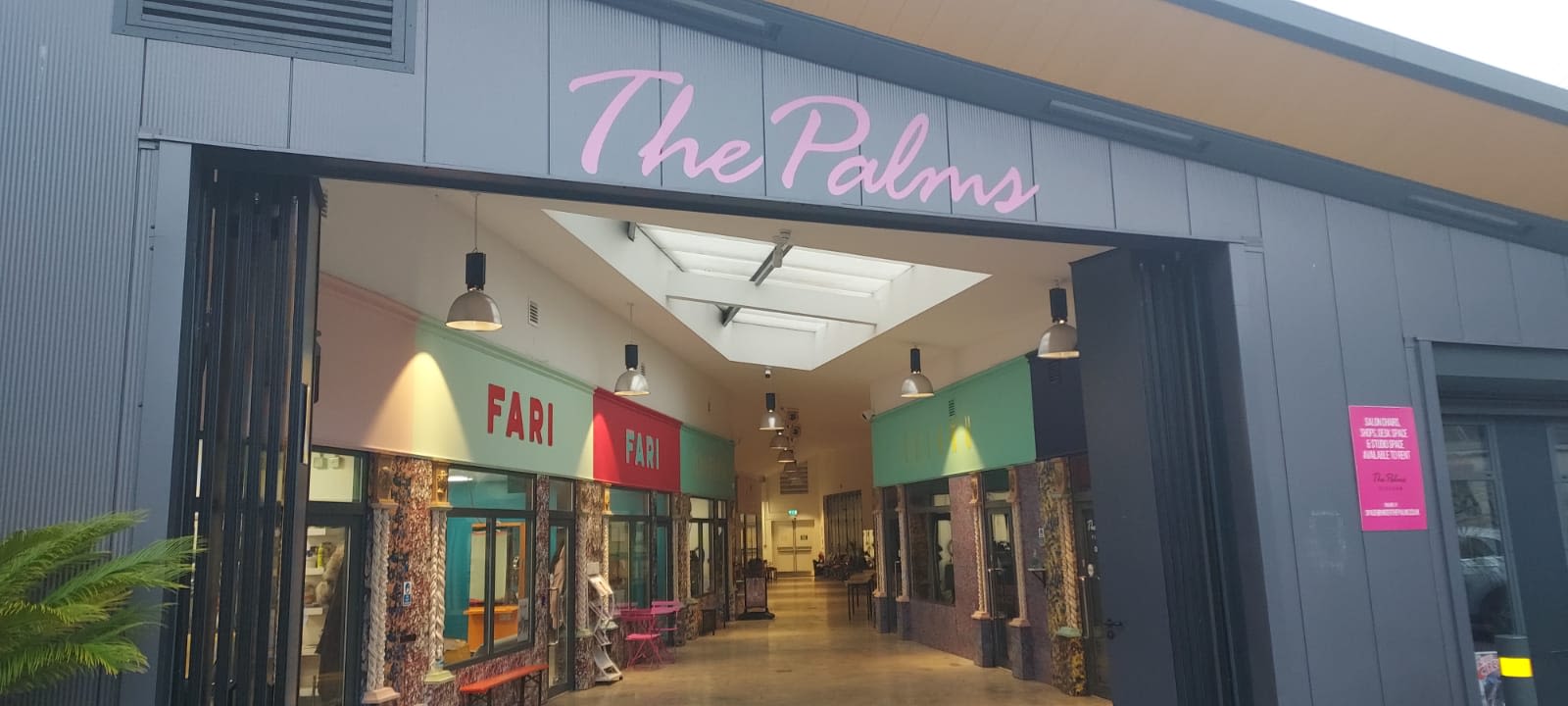
Speaking to Fola also know as The Curl Coach who is based in Peckham Palms, she says there is not always space for black hairstylists in the industry.
"Like so many of us, I used YouTube as a guide when transitioning to wearing my natural hair. I was keen to learn so I started reading and researching. I started getting so many requests from family and friends that I became a hairdresser".
Fola now creates personalised sessions to teach people with afro hair about their curls and how to look after them and keep their hair healthy.
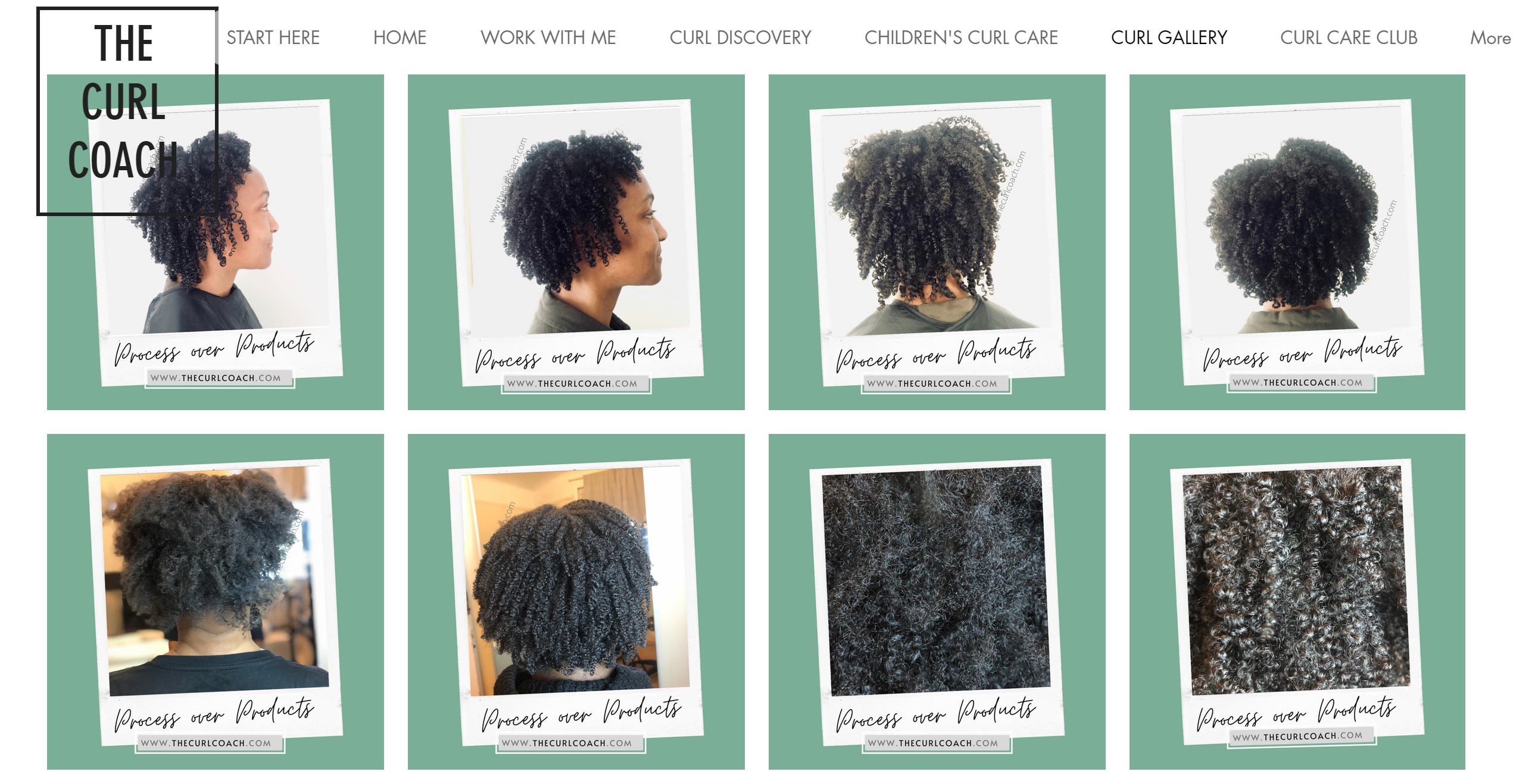
Credit :TheCurlCoach.com
Credit :TheCurlCoach.com
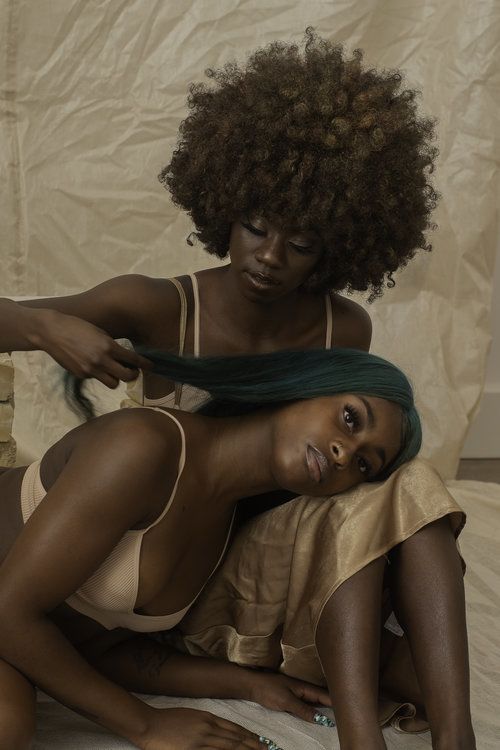
Credit Ryanna Allen
Credit Ryanna Allen
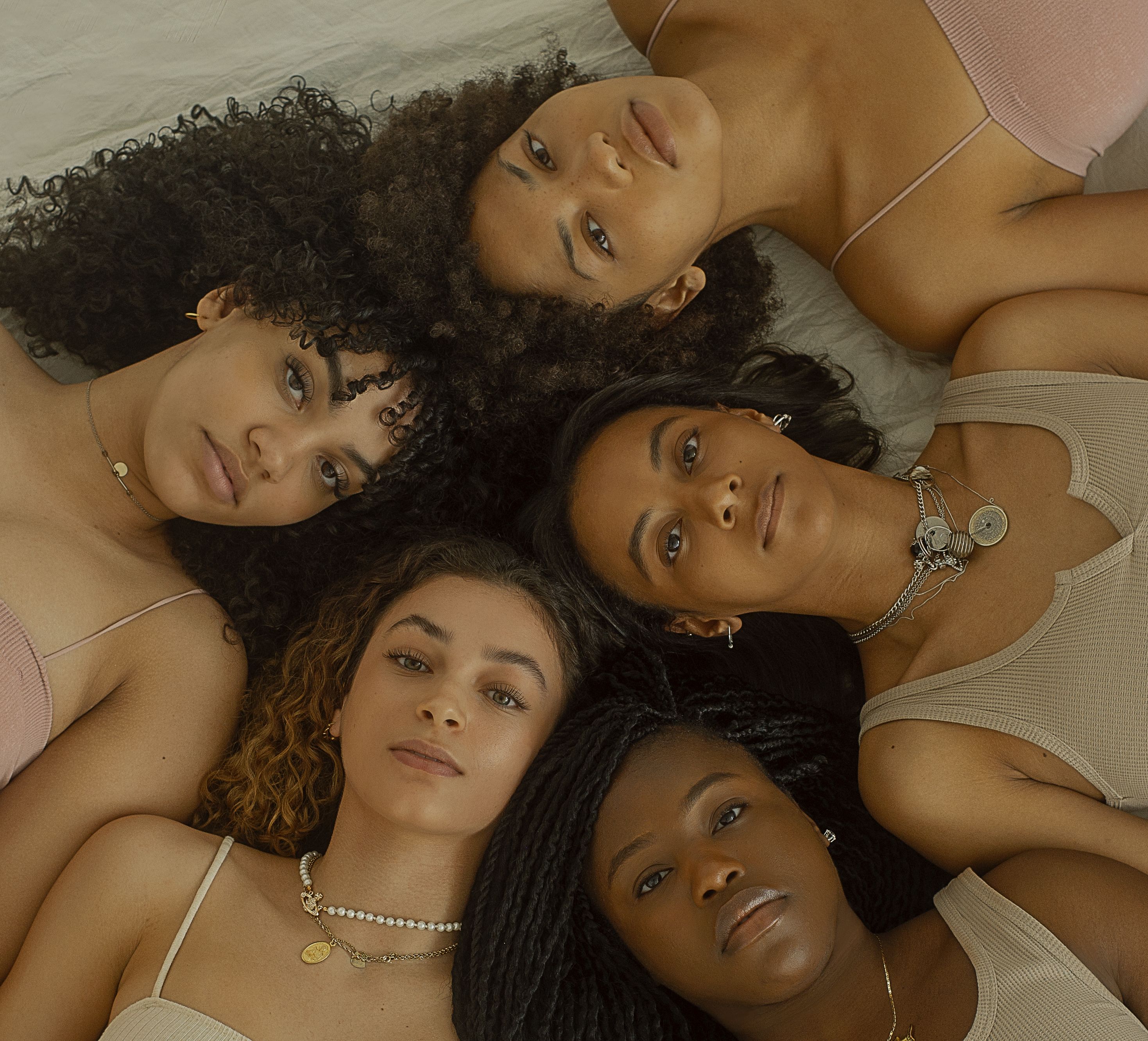
Credit Ryanna Allen
Credit Ryanna Allen
The black hair industry is constantly evolving
In the last few decades black hair care has been given a huge boost with a significant number of black women going ‘natural’ (embracing the natural texture of their afro hair).
This has caused many black hair care brands to accommodate this trend creating products that enhance the texture of those with afro hair and boost its length and growth. Black people have become much more knowledgeable of how to take care of their hair, with this knowledge came a variety of new and different styling methods.
There are several options for styling afro hair a lot of which are becoming more socially acceptable. Many people are turning away from the previously preferred chemically relaxed hair due to a fear of the damages it may cause the natural hair. Medical News Today advises these treatments can gradually weaken the hair, and repeated treatments increase the risk of breakage. Chemical relaxers saw a decline in sales by 26 % over 5 years before 2013.
After the black community went 'natural' a wide variety of styles grew in trend. Some people opted for protective styles such as box braids or wigs. Whilst others chose to wear there hair in its natural state like twist-outs, The key to maintaining afro hair is to keep the hair, clean, well moisturised without too much manipulation.
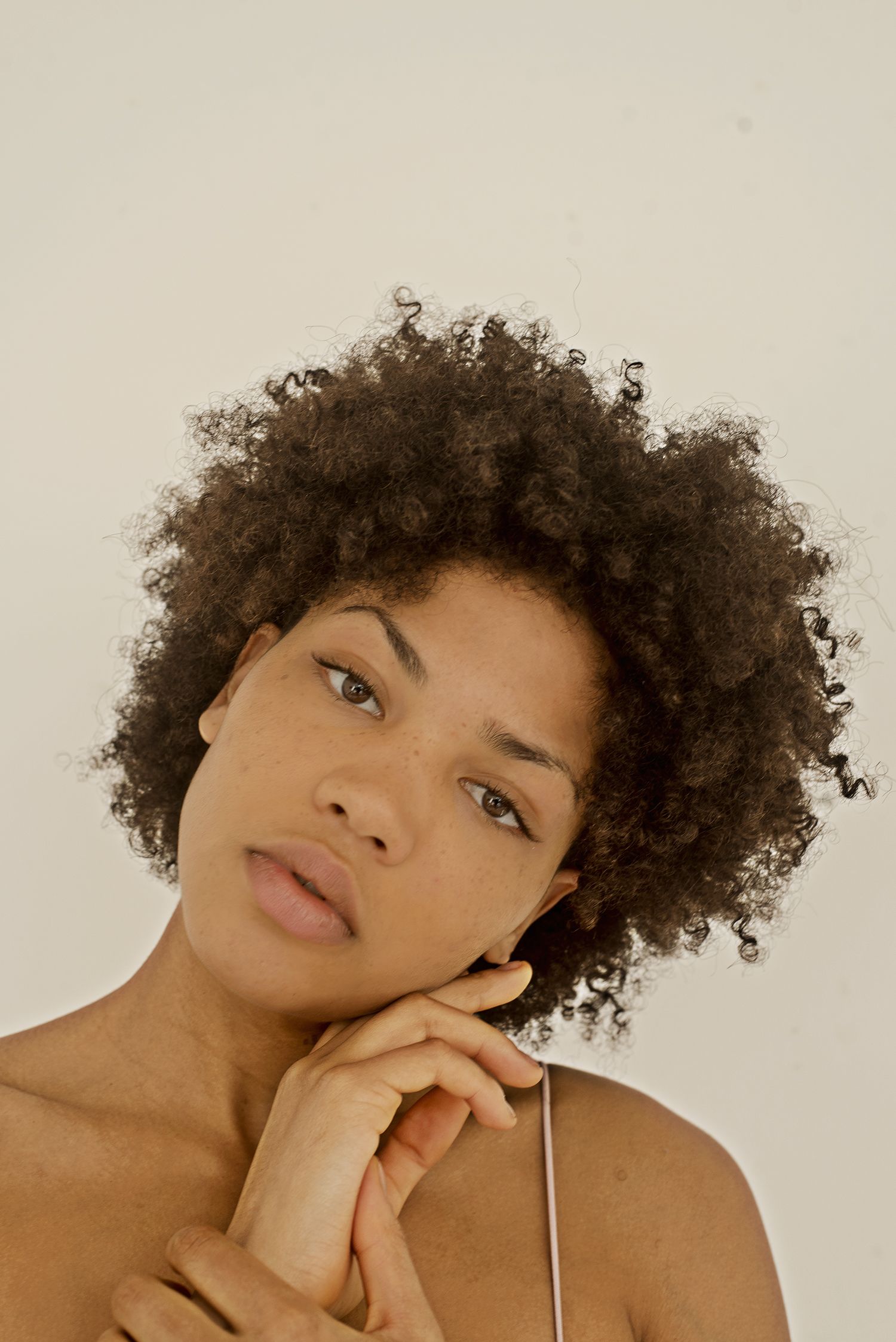
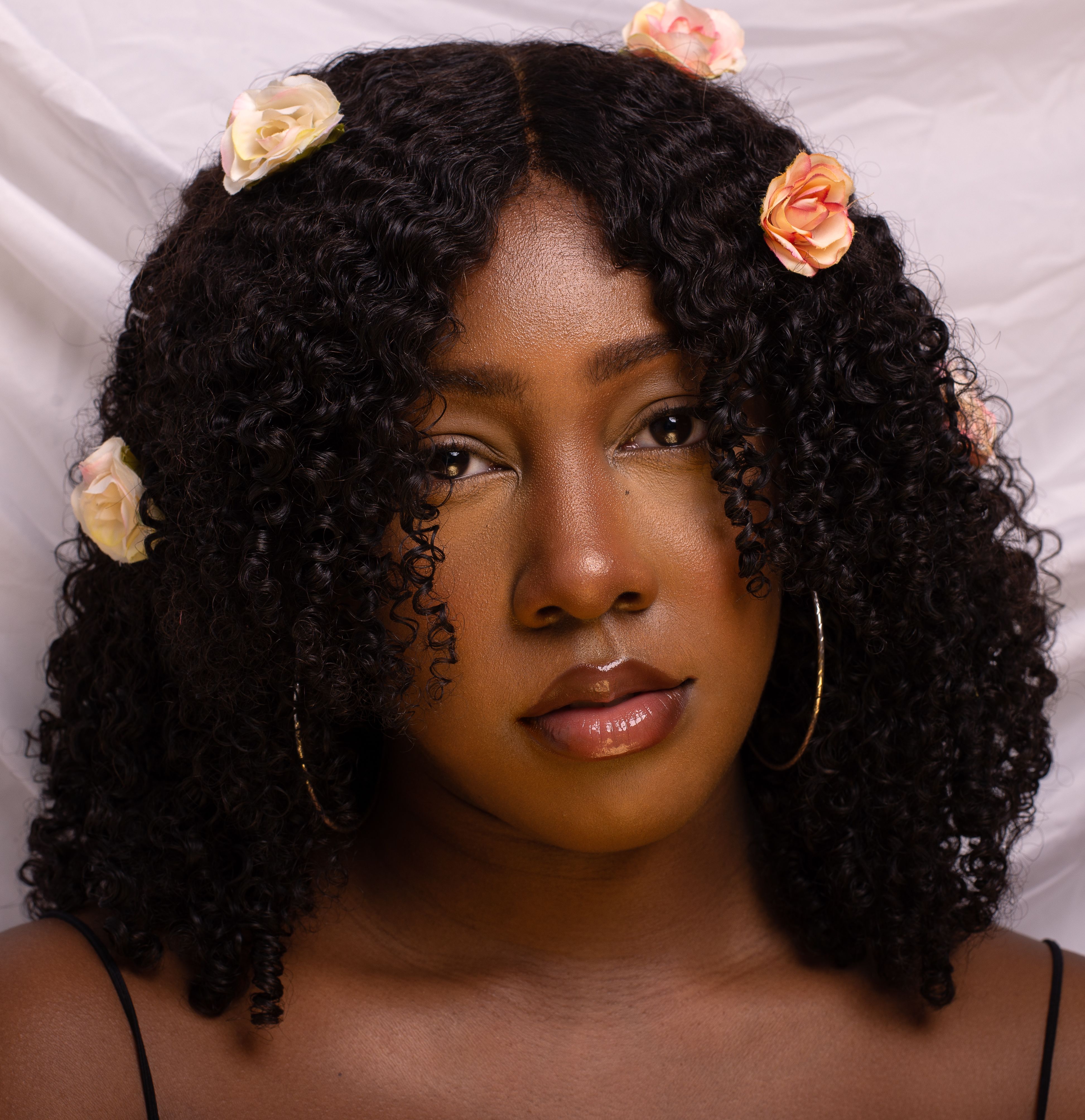
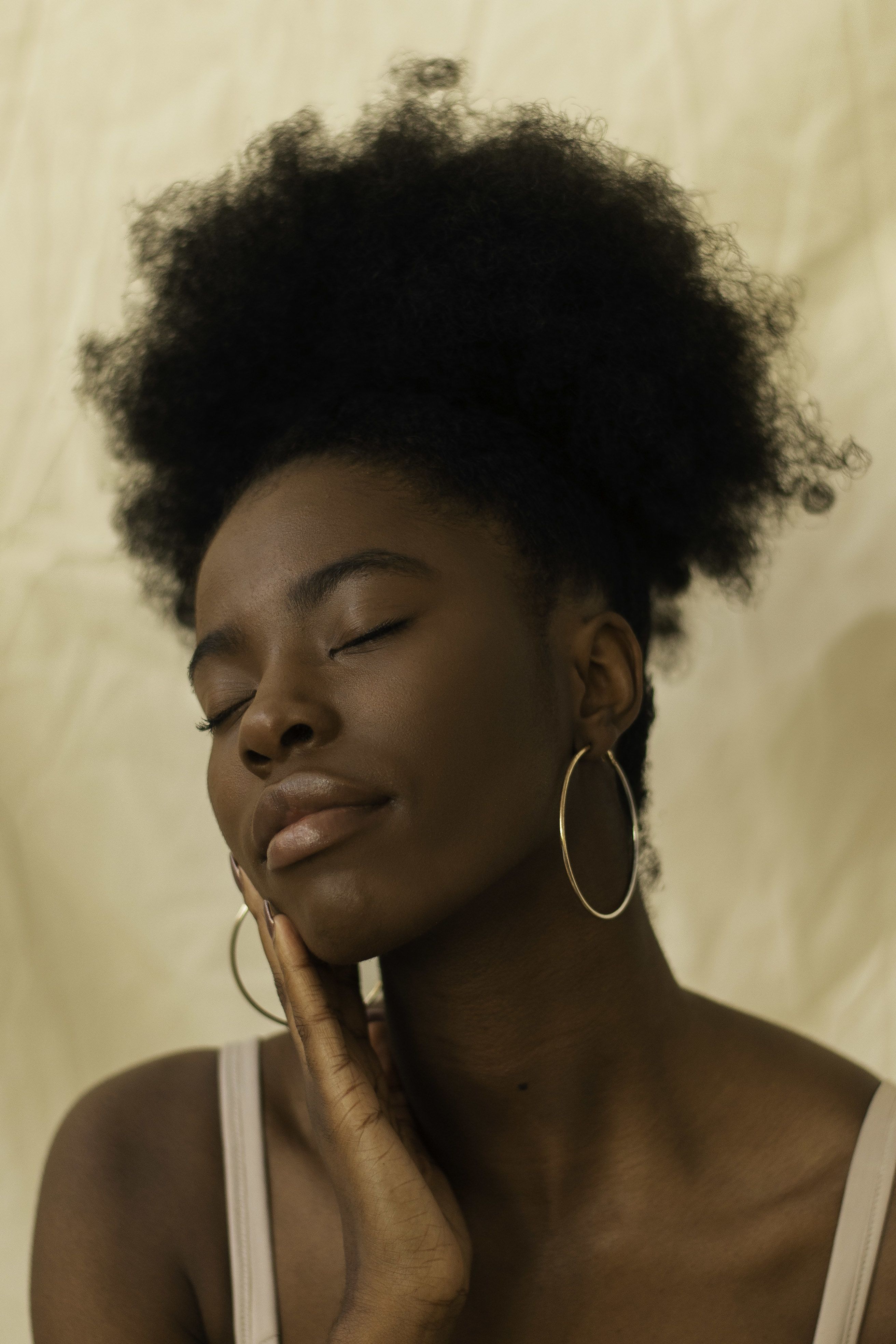

Credit Ryanna Allen
Credit Ryanna Allen

Credit Ryanna Allen
Credit Ryanna Allen

Credit Ryanna Allen
Credit Ryanna Allen
There are very few black hair shop owners in the London despite there being a fair number hair shops that specialise in Afro hair products.
In 2015 Sandra Brown-Pinnock opened a black owned hair shop and was the first black person in South West London to do so. In June 2015, Sandra decided to open her retail store Xsandy's inside the Lewisham shopping centre after being frustrated at the lack of adequate knowledge of hair and hair products that should be recommended for use on various Afro-Caribbean hair types. She observed that most of these retail outlets in South East London were owned by South Asian men with little or no knowledge on how to care for black hair and decided she wanted to make a change. Unfortunately Sandy faced many challenges when opening her black hair store in Lewisham.
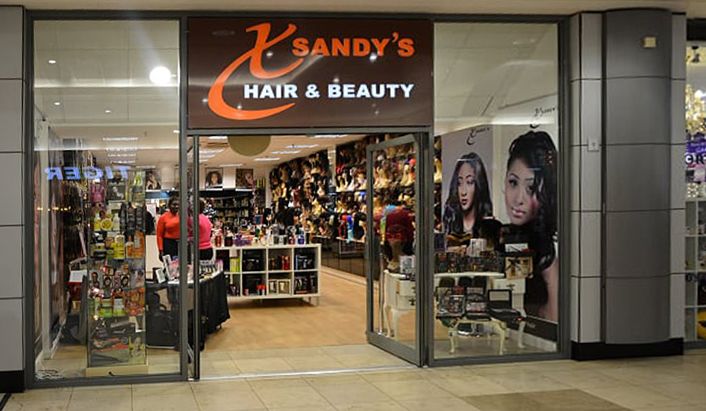
Credit Xsandys Hair and Beauty
Credit Xsandys Hair and Beauty
“When I started business we struggled, we had a couple of problems with burglaries,” she explains. But she asked the community to support her.
"I posted a video online telling people that I don't always have the option of buying in bulk which may make my prices a little higher. But I do have knowledge and expertise and could really use the local community's support".
The video went viral online and Sandra saw a lot more customers in her store. With this success she moved to root herself deeper in the industry by creating her own natural hair care brand, based on secrets from her Jamaican and African heritage, Primal Beauty . Sandra now sells 34 different products online, she says this has really helped support her during the pandemic when her shop was forced closed.
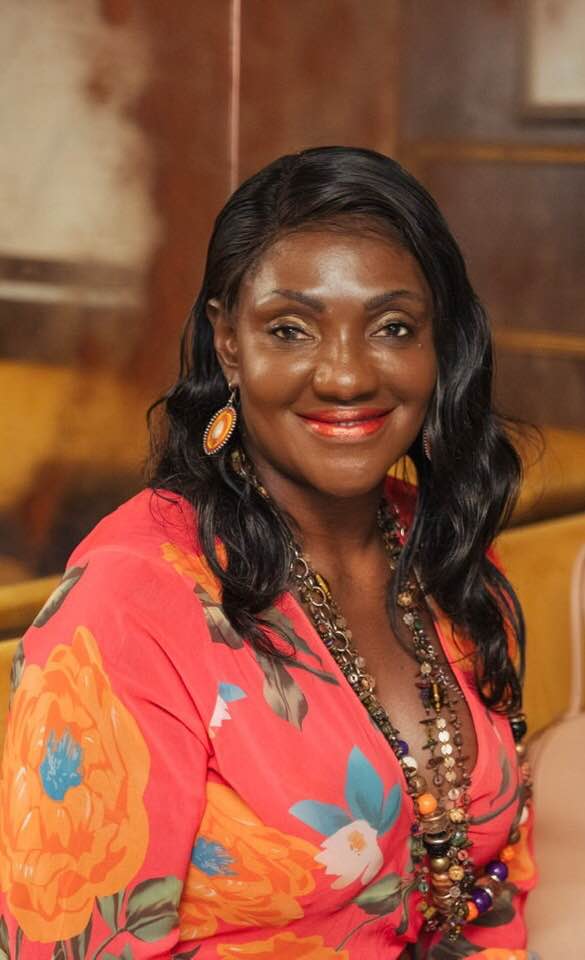
Credit Sandra Brown - Pinnock
Credit Sandra Brown - Pinnock
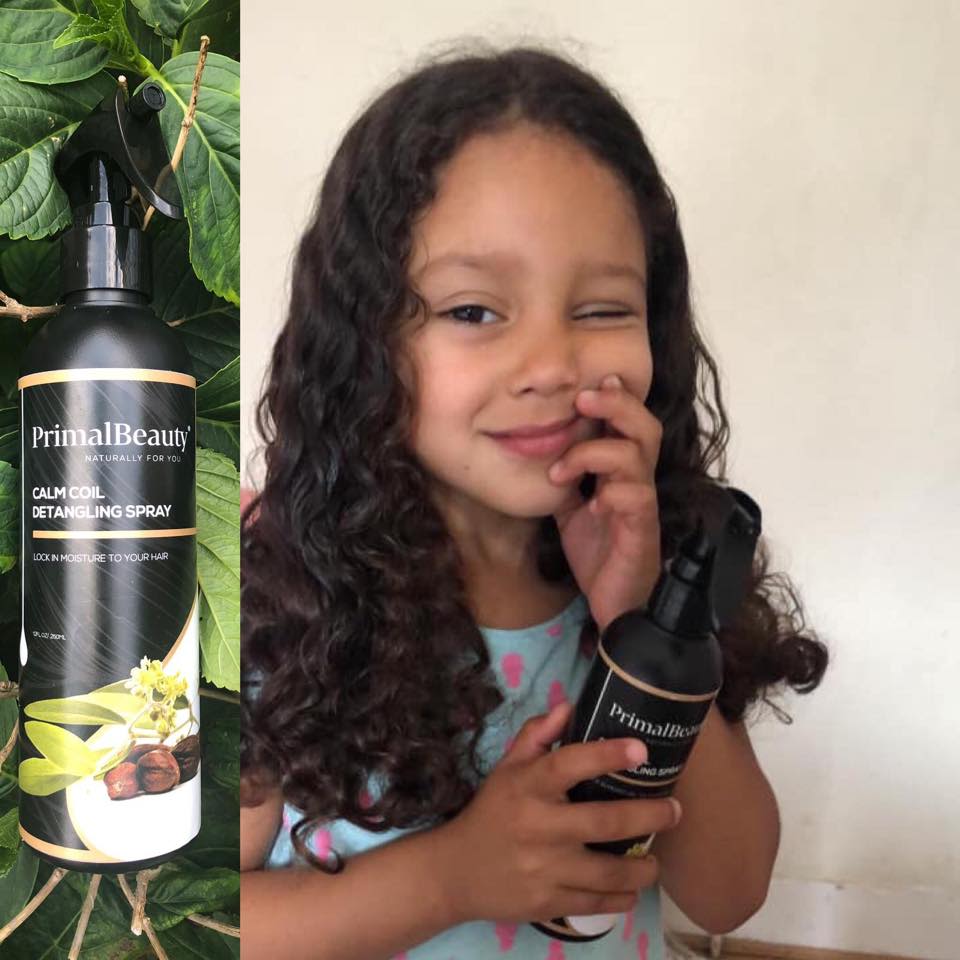
Credit Primal Beauty
Credit Primal Beauty
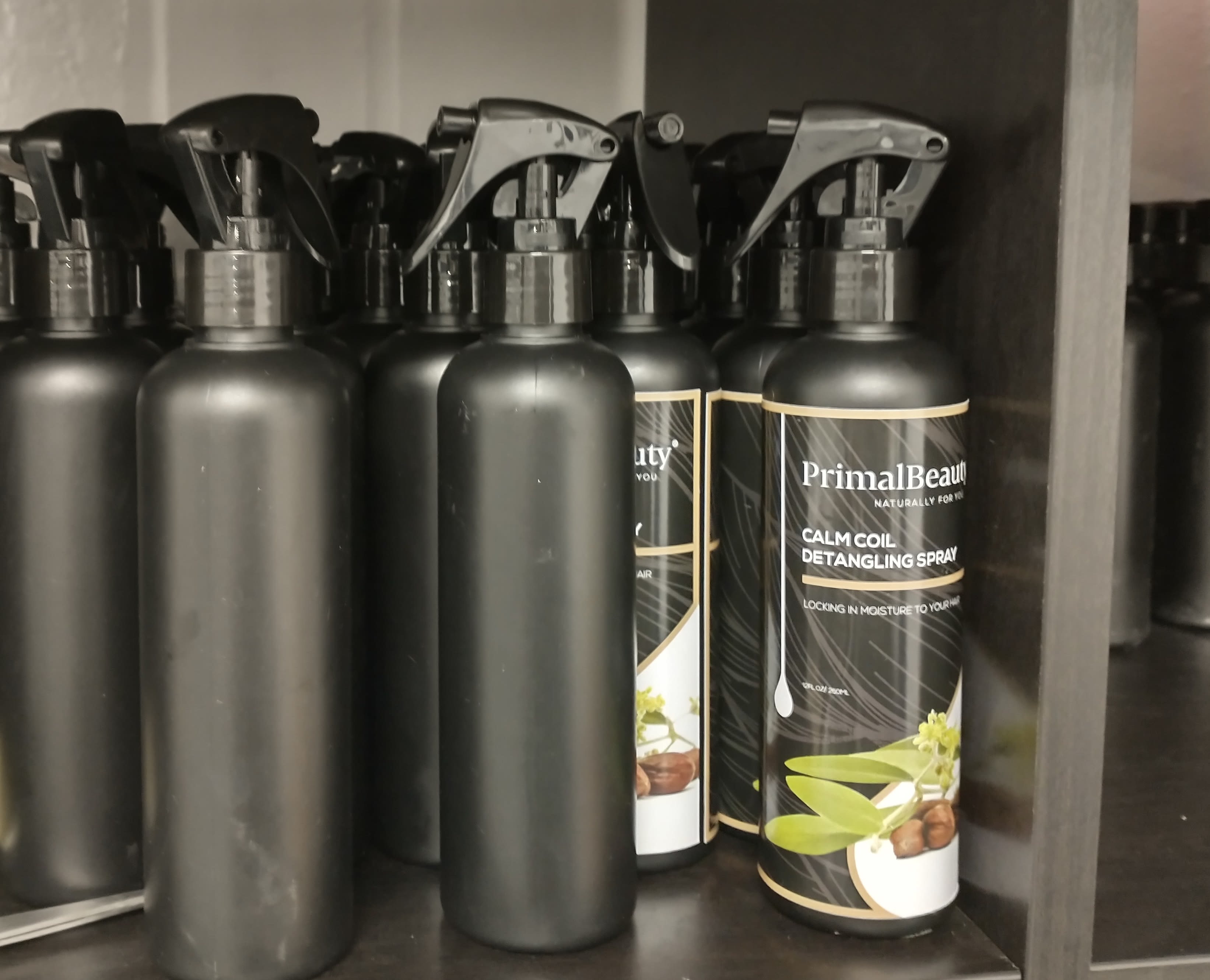
The 2010's brought a new era for black hair with a whole host of Black hair products created to nurture and style afro hair textures, with hair care brands like Cantu and Shea Moisture being stocked in major retailers.
Whilst Stylists and shops owners are still navigating the industry, consumers also struggle.
Black hair care products that cannot be found in mainstream hair and beauty stores may not always be reliable and safe. There are concerns that some black hair products might be dangerous. Black women are almost twice as likely to be diagnosed with late stage breast cancer compared to white women. Early research suggests there may be a potential link between cancer and heavy use of hair relaxers containing lye. A #NoMoreLyes campaign has been created to address the concern.
Alicia is a digital communications manager from New York. Now living in London she decided to go 'natural' four years ago.
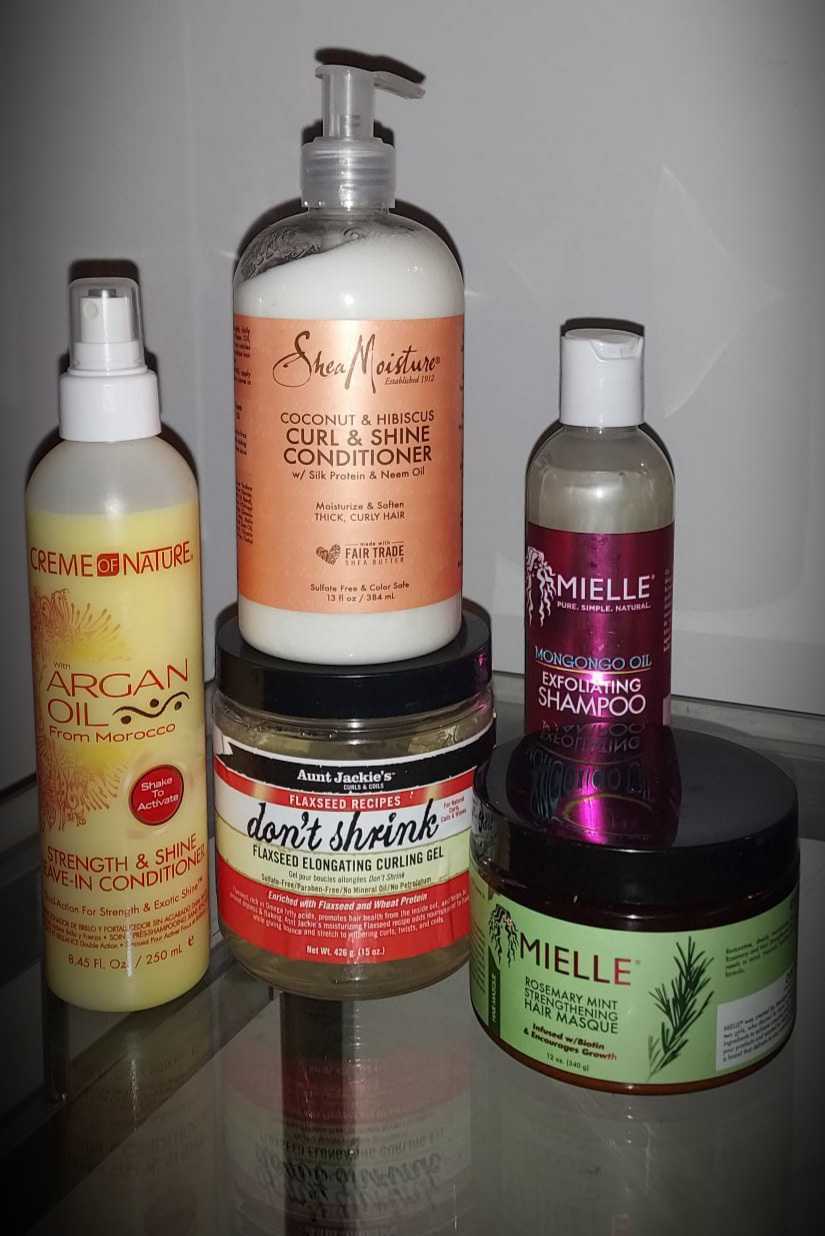
Alicia has said she thinks the internet has played a big part in developing the black hair industry.
During the 2010's many black people turned to influencers online who provided tutorials and helpful in learning about natural hair. Today customers conveniently access products online and have them shipped directly to them like Alicia. Some brands are only sold and promoted online. Many black hair stylists also use social media to promote their businesses as well.
There are quite a few barriers for black people in the black hair industry. But the $2.5 billion dollar industry still thrives and creators, influencers and consumers continue to find new ways of making products and knowledge accessible to all.
Note: All pictures except those with credit were taken by Keira Sesay.
